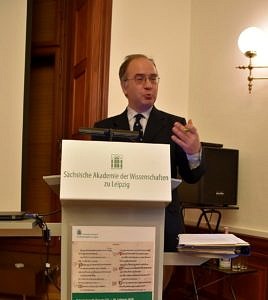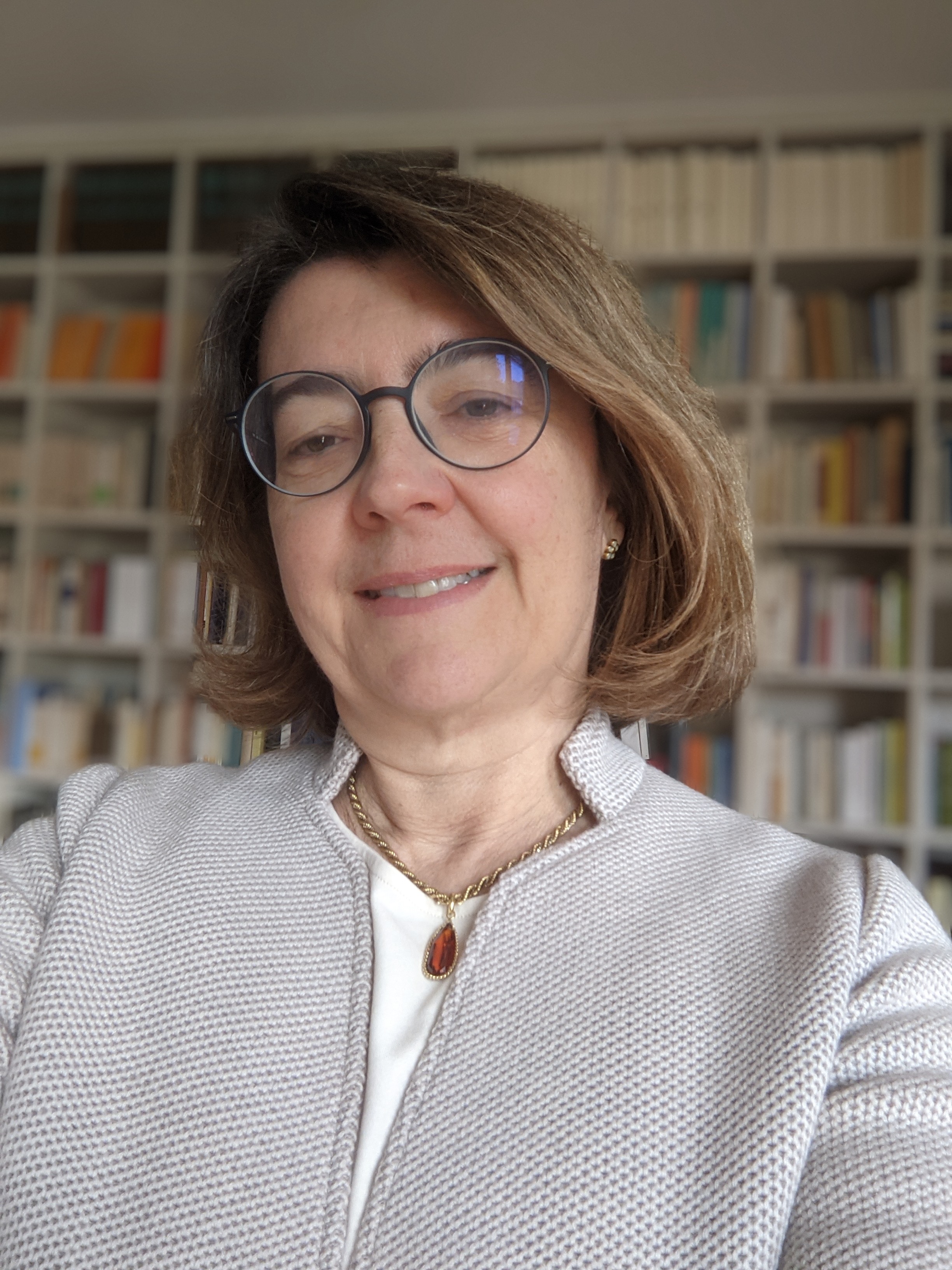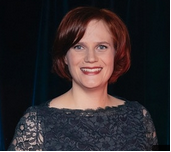Teachers:
The EMLex offers a diverse spectrum of teachers & lecturers from around the globe. This course will be held by:
Prof. Dr. Anja Lobenstein-Reichmann
Göttingen Academy of Sciences and Humanities
Prof. Dr. Paolo Vaciago
Roma Tre University
Prof. Dr. Laura Balbiani
Università Cattolica del Sacro Cuore
Dr. Christine Ganslmayer
Friedrich-Alexander-Universität Erlangen-Nürnberg
Contents:
The module comprises two sub-units:
Sub-unit A: Western European lexicography from antiquity to the late medieval period (Paolo Vaciago)
- General introduction: objectives, contents and structure of the sub-unit; references
- Ancient and late antique lexicography
- overview of the material and examination of samples of the main documents
- lexicography and grammar
- typological variety of the material: macro- and microstructures
- sources, processes of compilation, patterns of transmission of lexicographical material
- Early medieval lexicography
- conservative and innovative traits of the early medieval material
- the appearance and the role of vernacular languages, focusing on the English and German areas
- Late medieval lexicography
- innovative formats employed for lexicographical purposes
- experiments with word families: the derivative method
Sub-unit B: Historical lexicography from the late medieval period to the 20th century (Anja Lobenstein-Reichmann)
- General introduction: objectives, contents and structure of the sub-unit; references
- Metalexicographical access to historical dictionaries or how to analyze and to review historical dictionaries
- Overview and analysis of selected dictionaries
- late medieval dictionaries
- premodern dictionaries
- modern dictionaries
- The Early New High German dictionary as an example for modern dictionaries of historical languages
- Dictionary criticism
Please see the module description for further information.
Guest lecturer:
- Prof. em. Dr. Oskar Reichmann (Universität Heidelberg)
General information:
| Time frame | 05.06.-09.06. |
| Room | R6 III/12 |
| Evaluation method | Students will be asked to submit concise answers to a set of 10 questions per sub-unit |
| Teaching language | English and German |
Information on the EMLex 2023 Summer school:
Practical arrangements: no preliminary reading or knowledge expected for either sub-unit A or B. Material will be provided at the beginning of the course.
Certificate: Participants will receive as assignment for each Sub-unit a set of ten questions for each sub-unit which they will have to answer in writing. They will have to submit both written assignments by the end of June 2023 (assignment for Sub-unit A to Paolo Vaciago, assignment for Sub-unit B to Anja Lobenstein-Reichmann). Students who attended the module on a regular basis and completed the assignments with positive results will receive an EMLex 2023 summer school participation certificate.





